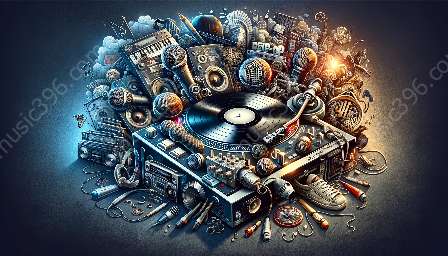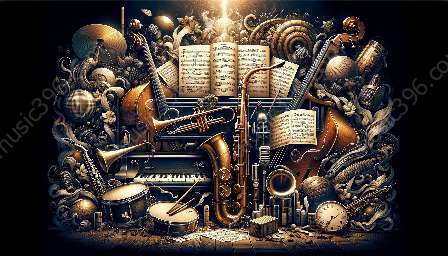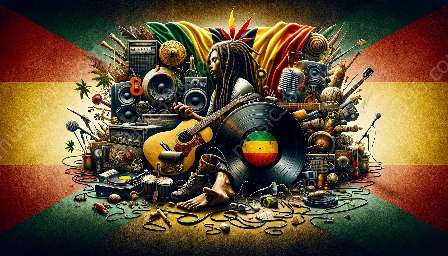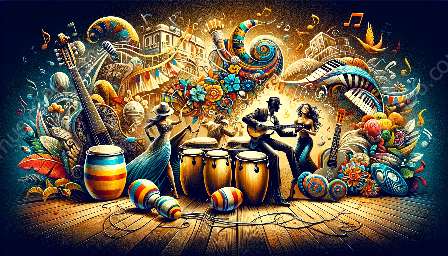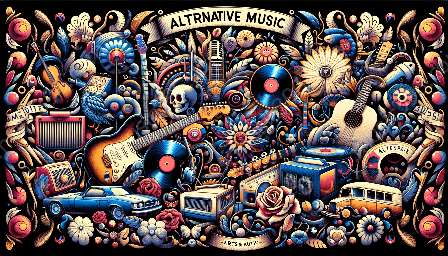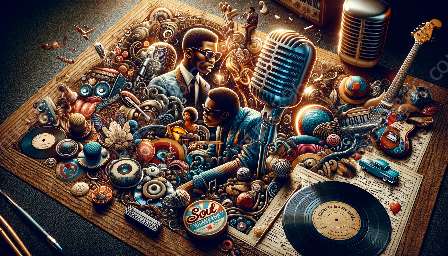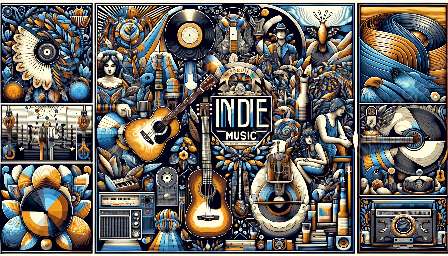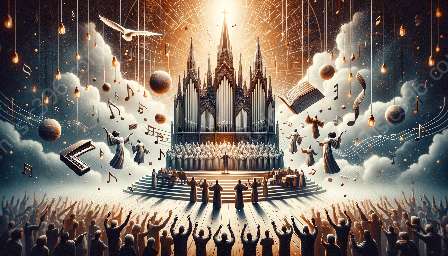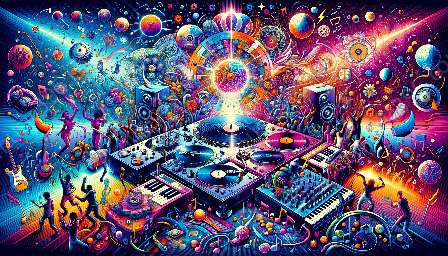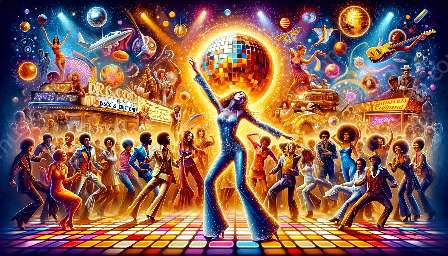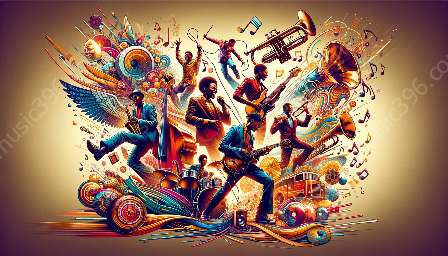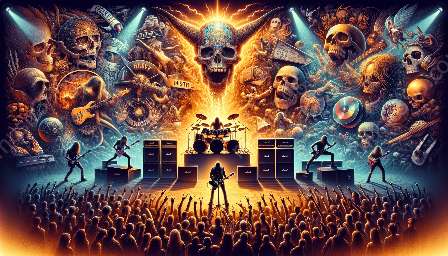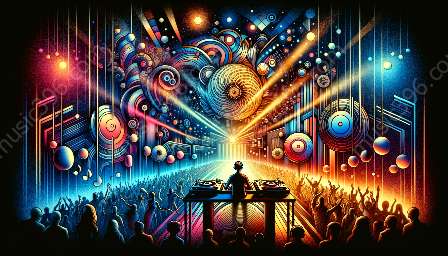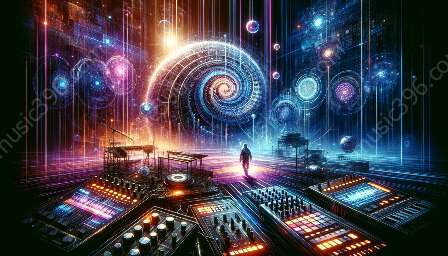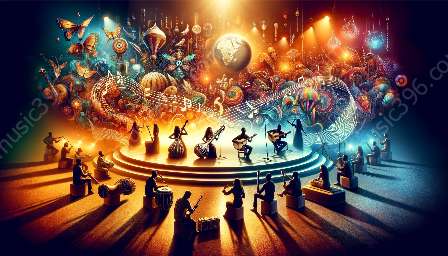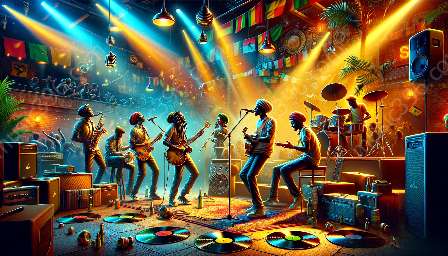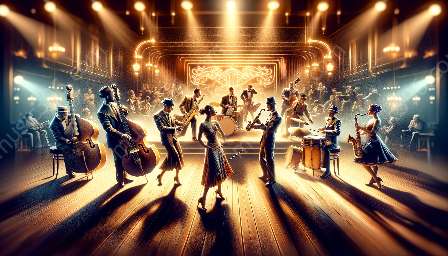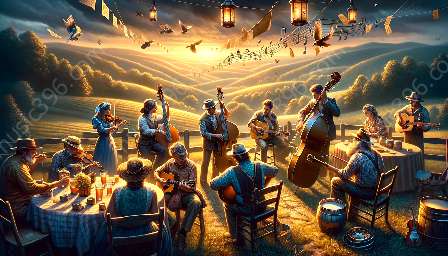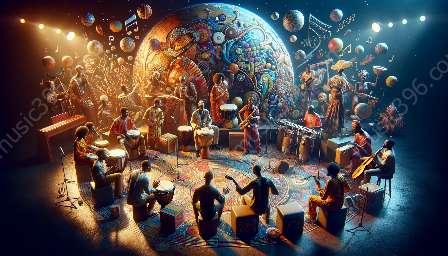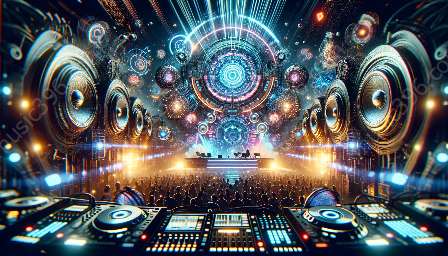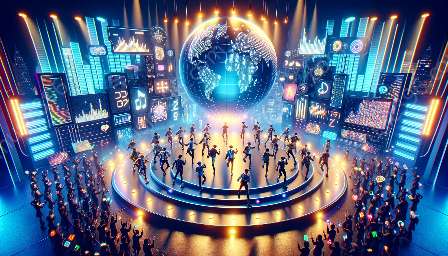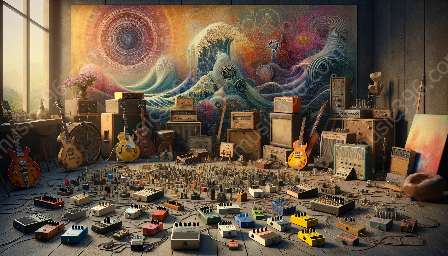Disco music played a significant role in the civil rights movements of the 1970s, serving as a form of cultural expression and empowerment for marginalized communities. This influential genre emerged during a time of social change and upheaval, becoming a powerful tool for activism and solidarity.
Disco as a Cultural Movement
At its core, disco music represented a celebration of diversity, inclusion, and individual expression. The vibrant rhythms and infectious beats provided a platform for people of all backgrounds to come together in a spirit of unity and acceptance. This sense of community and belonging was particularly important for groups that had traditionally faced discrimination and prejudice.
The multicultural origins of disco also played a pivotal role in fostering social change. Rooted in the LGBTQ+ and African American communities, disco music became a means of asserting identity and demanding equality. The dance floors of iconic venues such as Studio 54 and the Paradise Garage served as spaces where individuals could freely express themselves without fear of judgment or persecution.
Political and Social Statement
Disco music was not just about entertainment; it was a platform for making powerful statements about inequality and injustice. The lyrics of many disco songs often conveyed messages of empowerment, resistance, and the fight for equality. Artists like Donna Summer, Gloria Gaynor, and The O'Jays used their music to address themes of liberation and social change, inspiring listeners to advocate for justice and civil rights.
Moreover, disco culture embraced and celebrated the diversity of gender, sexuality, and race, challenging the prevailing norms and prejudices of society. The dance floors and clubs became spaces where individuals could embrace their authentic selves and defy societal expectations, contributing to a broader movement for societal acceptance and inclusivity.
Disco as a Unifying Force
During the 1970s, disco music became a unifying force that transcended boundaries and brought people together. The dance craze sparked by disco music cut across social divides, uniting individuals from different racial, ethnic, and economic backgrounds. This unity and sense of shared experience helped to bridge gaps and build solidarity among communities that faced systemic discrimination and marginalization.
Furthermore, the popularity of disco music contributed to the integration of nightclubs and music venues, breaking down barriers and fostering greater social interaction among diverse groups. This integration played a crucial role in challenging prevailing attitudes and promoting the idea that everyone should have equal access to public spaces and cultural experiences.
Legacy and Impact
The influence of disco music on the civil rights movements of the 1970s is undeniable, leaving a lasting legacy that continues to resonate in contemporary society. The social and cultural shifts propelled by disco helped lay the groundwork for ongoing efforts to promote diversity, equality, and social justice.
As a cultural movement, disco music provided a platform for marginalized communities to assert their identities, demand recognition, and advocate for change. Its role in promoting inclusivity and empowerment has paved the way for the ongoing fight for civil rights and social progress.
In conclusion, disco music served as more than just a form of entertainment during the civil rights movements of the 1970s. It became a symbol of empowerment and a catalyst for social change, uniting people and advocating for equality. Its impact on society and cultural transformation continues to reverberate, reminding us of the power of music in shaping social movements and fostering a more inclusive and just world.


